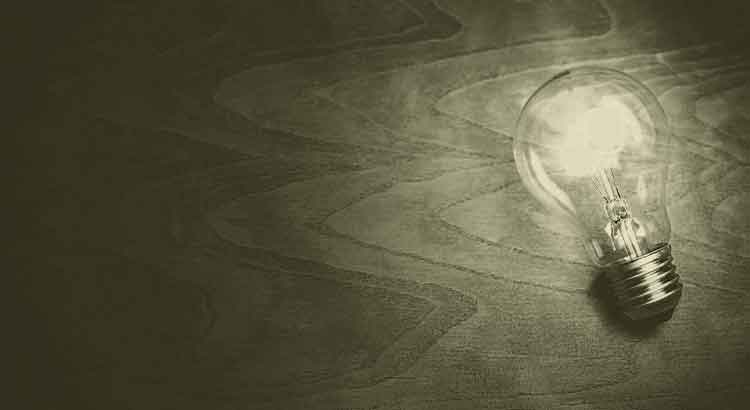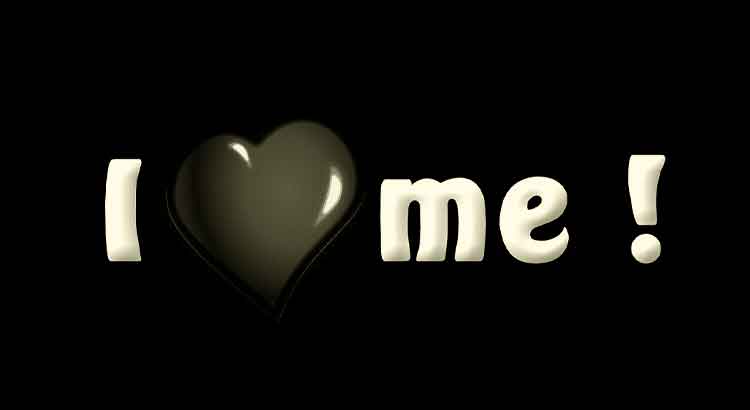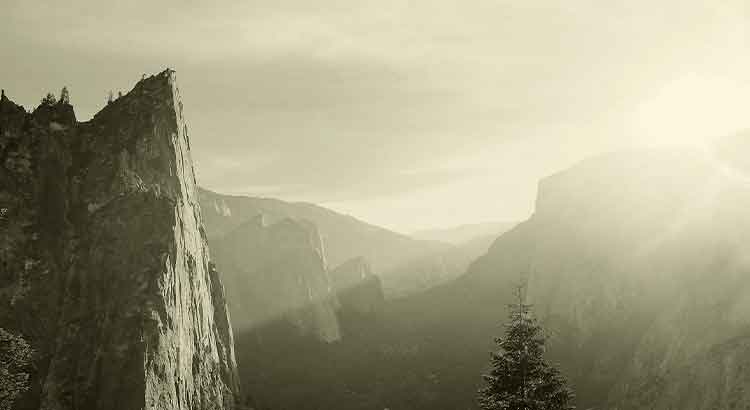I read somewhere, a few years ago, a psychologist said that Bertrand Russell used an interesting process when he was involved in complex problems. It would be more or less as follows: Russell thought, with maximum concentration and strength of mind, on the particular problem; he outlined the possible solutions, dismembered them into minor issues, formulated various hypotheses and tried to find, in all, the possible flaws. The question occupied him entirely for hours, sometimes days, and then, when he felt exhausted, he did not publish, nor executed the final wording of his conclusions: he abandoned the problem and let him rest, occupying his mind with anything else. Then, after a few days, weeks or months, suddenly the mind pointed the solution, which came as a violent avalanche, and so Russell sat down to write. What would that be, inspiration? If that is the word, then it is necessary to add that there is nothing divine, fantastic, or superhuman about it. What is there is method, conscious brain stimulation. And if the brain, therefore, sometimes does not deliver an immediate response, it does not mean that it does not work, or that it is not working. In the same way, when it decides to boil at an inopportune moment, it is not doing any kind of magic or exhibiting supernatural powers…
____________
Read more:



